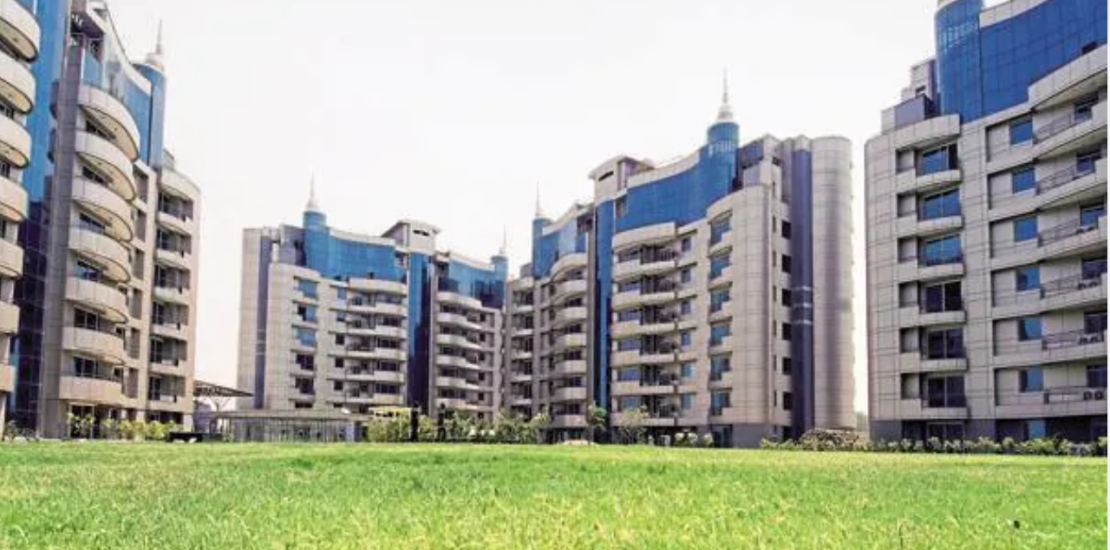
Despite the wider acceptance of equities over the last couple of years, I still meet investors who think that there is no better investment than real estate. I came across one such person and was amazed at his insistence on property being the safest investment with best returns. He was, of course, very dismissive of financial markets. Let’s call him PK (Property King).
PK owns two residential flats in Bengaluru and a commercial complex in his home town. Both the apartments have been taken on loan. For the commercial property, he took a top-up loan and also uses a part of his salary to fund it. Apart from this, he has ancestral property, for self-use, in his home town. His fully furnished apartments have been rented out to software firms to be used as guest houses. PK is a salaried employee with two children and his wife is a homemaker. PK tells me that the rent he receives is higher than what other such flats get because the interiors are very high-end and corporate clients are willing to pay extra for that. Further, the EMIs are completely covered by the rental income. PK’s plan is to work in the job till the EMIs on all the loans are over and then move to his home town and live on the rental income.
Sounds simple? But to me, it sounds too good to be true!
Here is why I think that this is not a right financial plan:
1) Rent and EMI set off: Firstly, given that the rental yield in most large cities is at 2-4%, it is unlikely that any tenant would pay significantly higher. So in the first place, I find it difficult to believe that he is able to cover the EMI with the rent. Further, rental income is taxed and even after deducting ₹ 2 lakh under Section 24, municipal taxes and standard deduction, around 40% of the rental income will still be taxable. (Assumptions: down payment of 30%. While he got the EMI to match the rent, the tax laws do not allow for a full set off)
2) Real estate fans usually argue that even if rental yield is low, capital appreciation from the properties gives the bulk of the return. But is that relevant, if one is using the rental yield as a source of monthly income? Also, data published by the National Housing Board shows growth in residential property prices in Bengaluru, to be 8.1% per annum from 2001-2018 as compared to 13% return given by Nifty 50.
With real estate, investors feel that the prices won’t fall and over a period of time will exhibit a linear growth as compared to equities, which are volatile. However, one also pays the price for that.
3) While calculating returns from property investments, investors forget other associated costs like maintenance deposit, maintenance charges, stamp duty and registration fees, brokerage, parking fees, interiors and other miscellaneous charges involved in the upkeep of the property like painting and repair work. Often, returns are calculated based on the price per square foot, which doesn’t take into account the above costs. These costs could add on to the property price by at least 20-25%. If one takes into account the interest paid on the loan, then there is no way that one is making any returns. Another cost is that if the property is vacant, one still needs to assume notional income and pay tax. With all these costs, is the investment return on property even beating inflation?
4) It is well-known that distress sale of properties is difficult and done at a discount to the market price. Even if PK has an emergency fund, in case of a large contingency, selling the property quickly will be a challenge.
5) Management of properties is another time consuming task, especially for a salaried person. Finding people to fix leaks or breakdowns is not easy and think of the time and effort required for these things. Managing properties in different cities is arduous and there is a point beyond which you cannot depend on others to do this for you.
Buying a house is more an emotional decision and not a financial one and I certainly recommend investing in the house that you live in. However, over-allocation into any asset class, whether it is equities, gold or real estate, is not recommended. Where investments are concerned, Indians stick to traditional investments like fixed deposit, endowment schemes and real estate but forget that these schemes do not help in building long-term wealth.
I always see people striving to maintain the right balance in all aspects of life, but this still needs to translate in their financial life.
